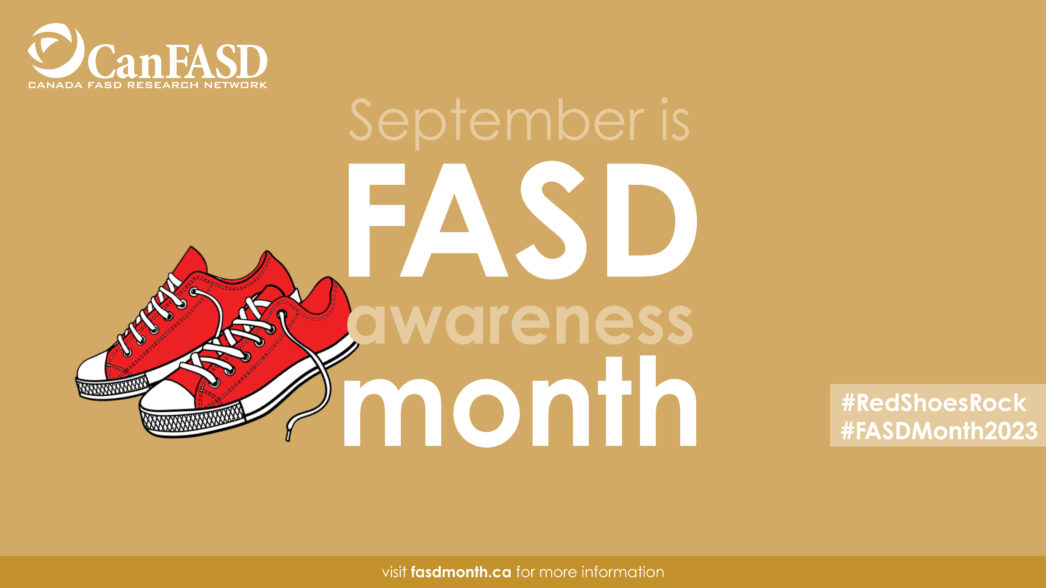FASD Month is underway! Our theme this year is Uniting Our Strengths: Finding Solutions Together. But what does this mean in practice?
At CanFASD, we strive to create evidence-based solutions. Our research team gathers data and evidence to better understand a problem and uses this research to create and test solutions. We can’t do it alone. Our organization works with people across the country, from many different backgrounds, to generate research and find ways to apply it. Some of the best projects incorporate the most voices.
In honour of FASD Month, we want to share some of the research projects we have on the go that are uniting strengths across the board to come up with unique solutions. Today, to continue our series, we are proud to feature the COMPASS Project.
FASD Interventions
FASD is a neurodevelopmental disability that affects each and every individual differently. A ‘one size fits all’ approach to understanding and supporting individuals with FASD is not effective. This provides support systems with the opportunity to adapt their approach to fit the needs of each individual. To do this well requires understanding of an individual’s strengths, needs and experiences, as well as strong collaborative teams and access to targeted, evidence informed interventions.
What is the COMPASS Project?
The Client-Oriented Mapping for Point of Care Access to Supports and Services (COMPASS) is a resource that applies past learnings about FASD to new individuals. The intention is to build upon existing clinical strengths by providing an adjunct resource that makes it easy for clinicians and service providers to share information about strengths-based recommendations that meet the unique needs of each client. By using COMPASS, clinicians can ensure these recommendations are shared in a way that is accessible, integrated with current evidence and developmental knowledge, and geared towards the attainment of healthy outcomes. For example, a teen with FASD may find homework support helpful, whereas a preschooler may benefit from their caregiver being trained in specialized parenting practices. To this end, researchers, and experts, along with the support of many community partners, created COMPASS, a tool to support clinicians in communicating about these recommendations.
How did this project come about?
Every person with FASD has strengths and needs. The clinical assessment process offers a unique opportunity for clinicians to understand their clients’ unique profiles. This understanding helps to identify and provide targeted recommendations that can optimize healthy outcomes across the lifespan.
As part of this project, researchers engaged four Canadian FASD diagnostic clinics in a developmental process to build the COMPASS resource. The team used information from the National FASD Database to identify patterns of strengths, needs, and interventions. Through this collaborative process, researchers and clinic partners explored how information can be efficiently linked to evidence using Towards Healthy Outcomes, an evidence-based framework developed to help support consistent intervention planning across the lifespan. The team also considered how information could be presented using motivating and non-stigmatizing language.
This developmental process resulted in the pilot version of COMPASS, a digital resource that effectively translates evidence-based research and other sources of knowledge effectively to family and community members in an actionable way.
This resource is a direct result of community need and collaboration. The COMPASS Project was made possible by Kids Brain Health Network with the financial support of the Networks of Centres of Excellence (NCE), the University of Alberta, the University of Guelph and CanFASD.
Be sure to stay tuned this FASD Month, to see what other collaborative projects are currently ongoing in the field of FASD!
The views expressed herein do not necessarily represent the views of the Kids Brain Health, the NCE, or the other project partners and stakeholders.

